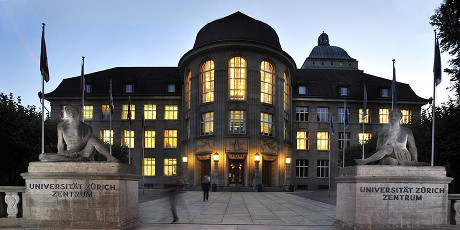Applicants are invited to apply for the 3-year PhD studentship in the Neuroimaging group at the University of Zurich in Switzerland. The studentship is exclusively open for international students who have a master’s degree in neuroscience, biology, psychology, biomedical science or an equivalent field.
The aim of the studentship is to support students who have a strong interest in medical image processing and a desire to learn new fields.
Summary
Great offer for claimants
User Review
( votes)The University of Zurich (UZH, German: Universität Zürich), located in the city of Zürich, is the largest university in Switzerland, with over 26,000 students. The university offers the widest range of subjects and courses of any Swiss higher education institution.
Scholarship Description:
- Application Deadline: Closed
- Course Level: Studentship is available to pursue the PhD programme.
- Study Subject: Studentship is awarded for completing PhD in the Neuroimaging group at the Spinal Cord Injury lab Balgrist in Zurich.
- Nationality: International applicants are eligible to apply.
- Number of Scholarships: Number of studentships is not given.
- Scholarship can be taken in Switzerland
Eligibility for the Scholarship:
- Eligible Countries: International applicants are eligible to apply for the studentship.
- Entrance Requirements: Applicants must have a Master’s degree in neuroscience, biology, psychology, biomedical science or an equivalent field.
- English Language Requirements: Good communication skills –fluent in German and a good English level especially in writing.
How to Apply:
Applicants have to fill the online application form with the usual documents such as:
- Cover letter
- Academic transcripts
- Research proposal
Benefits
Extensive upstream (e.g. remote) volumetric and microstructural changes of corticospinal axons and sensorimotor cortical areas occur in the first months after spinal cord injury, with faster degenerative changes relating to poorer recovery.


